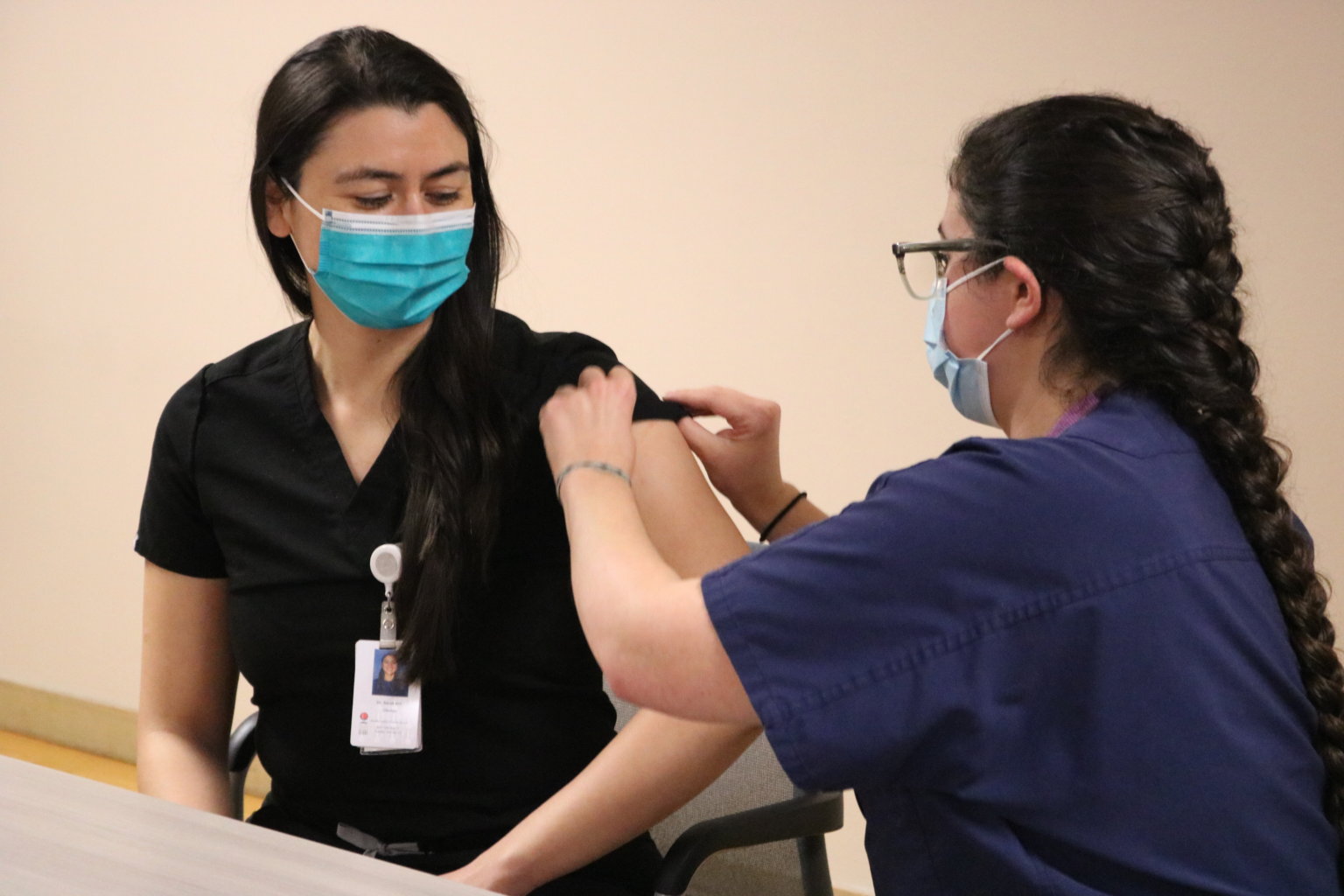
- Details
- By Aaron Payment
Guest Opinion. As the former Director of Government Affairs for the National Indian Health Board and a past Chair and CEO of the Sault Ste. Marie Tribe of Chippewa Indians, I was proud to be part of the decade-long fight that finally secured Advance Appropriations for the Indian Health Service (IHS) in December 2022.
This achievement was not just a policy win—it was a historic step forward in recognizing the federal government's treaty and trust obligations to Tribal Nations.
For far too long, our communities have been forced to navigate the instability of discretionary funding cycles—suffering disproportionately during government shutdowns and sequestration events. These disruptions have had real and harmful impacts on the health care of Native people. As Tribal leaders, we know that health care is not a gift, a handout, or a form of reparations. It is a prepaid obligation, written into treaties in exchange for millions of acres of land and resources. The promise was clear: health, education, and social welfare into perpetuity.
Let me be clear: the IHS remains a discretionary program, despite these solemn promises. Securing Advance Appropriations was a first, vital step in affirming that our health care funding should not be subject to political whims or fiscal gamesmanship. It is a matter of moral, legal, and historical responsibility.
Now, that progress is under threat.
President Donald Trump’s proposal to eliminate Advance Appropriations for IHS is ignorant, short-sighted, and deeply disrespectful. It demonstrates a fundamental disregard for the federal trust and treaty obligations that form the basis of the United States’ relationship with Tribal Nations. For those of us who fought for years to achieve this advancement, it is personal. But more importantly, it is dangerous.
This move should alarm all Tribal leaders—regardless of political affiliation. As sovereign nations, we must remain politically neutral and able to work with whoever is in power. However, neutrality does not mean silence. When treaty obligations are violated, we must speak out.
In our system of government—thankfully modeled in part on the Iroquois Confederacy—the power of the purse rests with Congress. While many in the House have already acquiesced to extreme political pressures, we still have a path forward through the Senate. It is urgent and imperative that we engage our U.S. Senators to preserve IHS Advance Appropriations and demand full funding for the Indian Health Service.
The IHS Budget Formulation Work Group has made it clear: full funding should be at least $50 billion, which is $41 billion more than current appropriations. This is not an aspirational number—it is the minimum required to begin to meet the true health care needs of Indian Country.
We owe it to our ancestors, who sacrificed everything. We owe it to our current generations, who deserve dignity and care. And we owe it to future generations, who will inherit either the success of our advocacy or the consequences of our silence.
Now is the time to stand up—again—and protect what is ours.
Dr. Aaron Payment currently serves on his Tribal Council. He previously served 22 years in office including four terms as Tribal Chairperson. He also served for nearly a decade on the National Congress of American Indians Executive Committee including at 1 st VP twice. A high school dropout, Dr. Payment earned five college degrees including doctorate in Education (EdD). He served as a university faculty teaching Native Studies/Political Science; as School Board President of a Tribal Grant and State Charter School; and as a Tribal College Board Regent Vice-President. Dr. Payment can be reached at [email protected].
More Stories Like This
The SAVE America Act Threatens Native Voting Rights — We Must Fight BackThe Presidential Election of 1789
Cherokee Nation: Telling the Full Story During Black History Month
Jesse Jackson Changed Politics for the Better
Native News Online at 15: Humble Beginnings, Unwavering Mission
Help us defend tribal sovereignty.
At Native News Online, our mission is rooted in telling the stories that strengthen sovereignty and uplift Indigenous voices — not just at year’s end, but every single day.
Because of your generosity last year, we were able to keep our reporters on the ground in tribal communities, at national gatherings and in the halls of Congress — covering the issues that matter most to Indian Country: sovereignty, culture, education, health and economic opportunity.
That support sustained us through a tough year in 2025. Now, as we look to the year ahead, we need your help right now to ensure warrior journalism remains strong — reporting that defends tribal sovereignty, amplifies Native truth, and holds power accountable.
 The stakes couldn't be higher. Your support keeps Native voices heard, Native stories told and Native sovereignty defended.
The stakes couldn't be higher. Your support keeps Native voices heard, Native stories told and Native sovereignty defended.
Stand with Warrior Journalism today.
Levi Rickert (Potawatomi), Editor & Publisher
